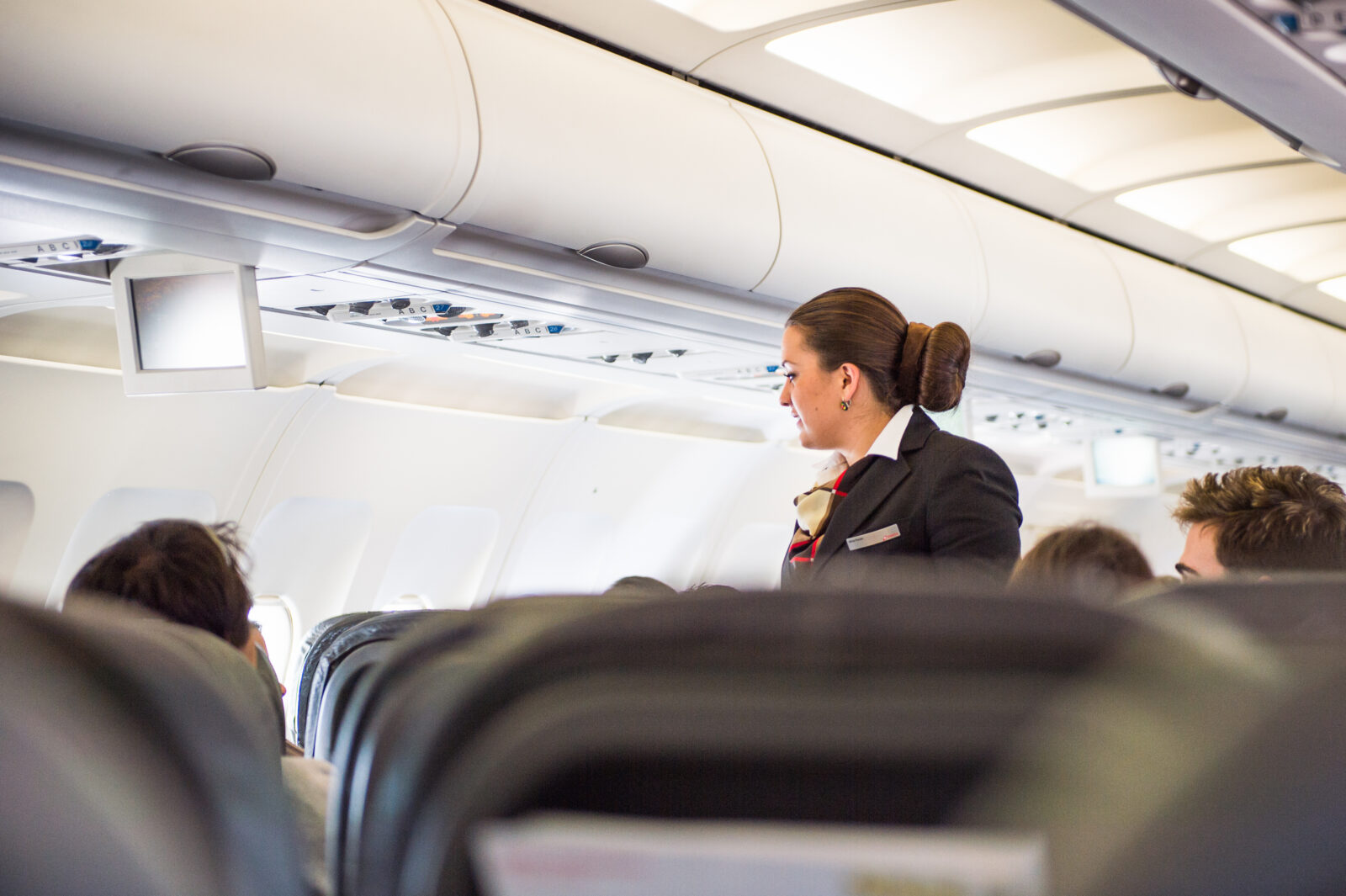
Europe’s top court has ruled that airlines should be held liable if they provide inadequate first aid following an accident that injures a passenger during a flight.
The case was referred to Europe’s Court of Justice by an Austrian court which was seeking clarity over whether First Aid provided by cabin crew could form part of an accident – in this case, after a passenger was scalded by hot coffee.
Under Article 17 of the Montreal Convention, airlines are liable for most injuries sustained by passengers following an inflight accident or during boarding and disembarking. There are only very limited exceptions that airlines can use in their defence, and passengers can win big payouts.
The lawsuit that the Court of Justice was asked to rule on was originally brought by an Austrian Airlines passenger who was injured when a jug of hot coffee accidentally fell from a catering trolley and scalded him.
The cabin crew tended to the injured passenger, but he sued, arguing that the carrier should be held accountable and pay damages for aggravated injuries that were sustained as a result of the inadequate First Aid that was provided.
The Court of Justice said on Thursday that the act of providing First Aid could indeed form part of the accident and, therefore, airlines could be held liable for providing deficient inflight medical assistance.
Passengers may be able to argue that inadequate First Aid aggravated their injuries which in turn could result in a bigger compensation payout. The Montreal Convention limits compensation to 128,821 Special Drawing Rights – a made-up currency that is currently equivalent to around $171,000.
Accidents on board an aircraft: the strict liability of airlines under the Montreal convention extends to inadequate first aid administered on board an aircraft
“The Court notes that it is not always possible to attribute the occurrence of damage to an isolated event where that damage is the result of a series of interdependent events,” the EU’s top court said on Thursday.
“Thus, where there is a series of intrinsically linked events that take place successively, without interruption, in space and time, that series of events must be regarded as constituting a single ‘accident’ within the meaning of the Montreal convention.”
“It cannot be disputed that there is a causal link between the jug of coffee falling and the aggravation of the bodily injuries caused by it on account of inadequate first aid being administered,” the ruling continued.
Last year, the same court ruled that airlines should be held liable under the Montreal Convention for accidents that don’t necessarily physically injure a passenger but leaves them with Post Traumatic Stress Disorder (PTSD).
That case was also brought by an Austrian passenger who was involved in an emergency evacuation of a Luada Airlines aircraft in 2019. Lawyers acting on behalf of the defunct carrier had attempted to argue that the Montreal Convention only covered physical injuries.
The argument was rebuffed by the court, which said ‘mental impairment’ could be just as severe as a physical injury and, therefore, should be covered by the Montreal Convention.
Related
Mateusz Maszczynski honed his skills as an international flight attendant at the most prominent airline in the Middle East and has been flying ever since... most recently for a well known European airline. Matt is passionate about the aviation industry and has become an expert in passenger experience and human-centric stories. Always keeping an ear close to the ground, Matt's industry insights, analysis and news coverage is frequently relied upon by some of the biggest names in journalism.







